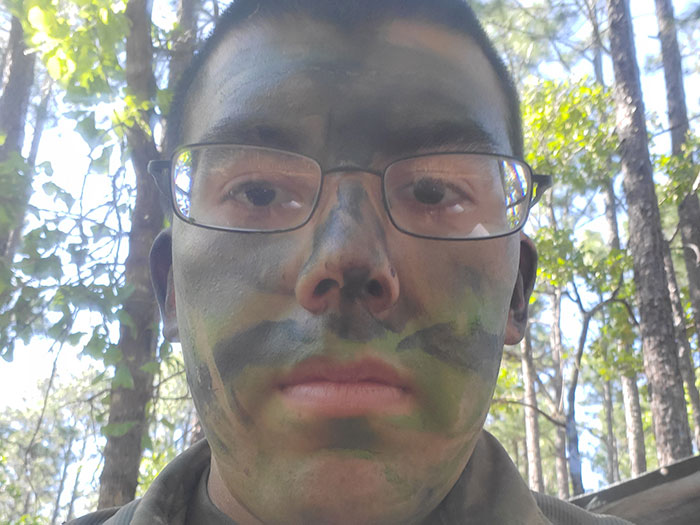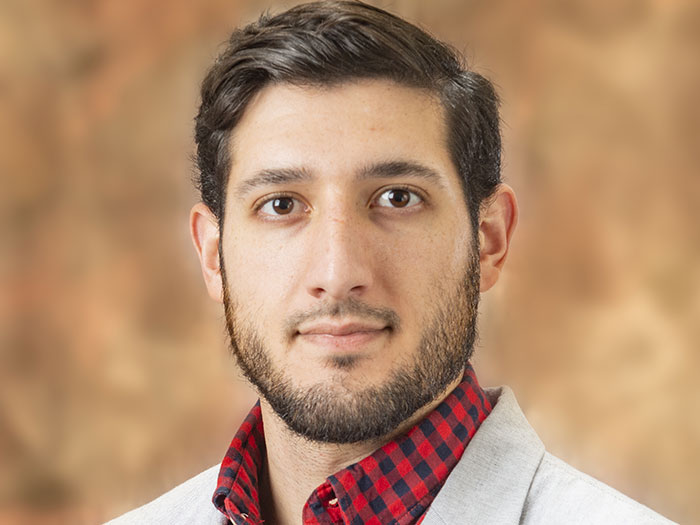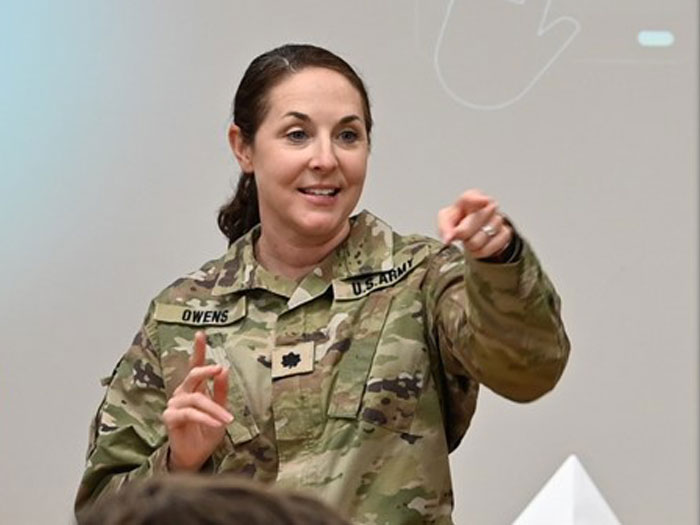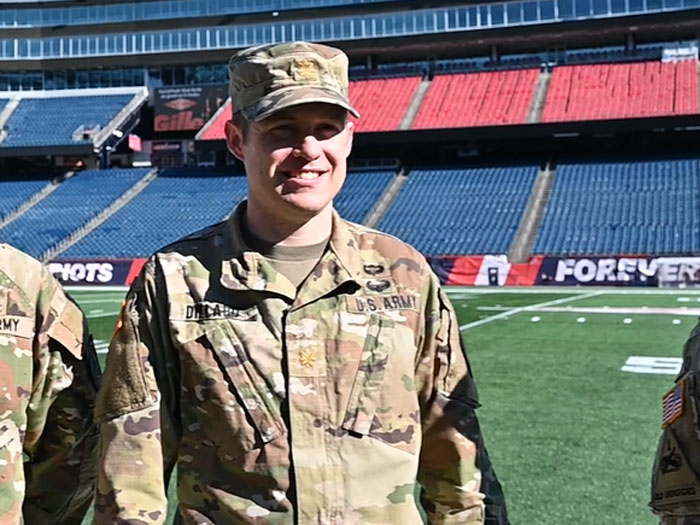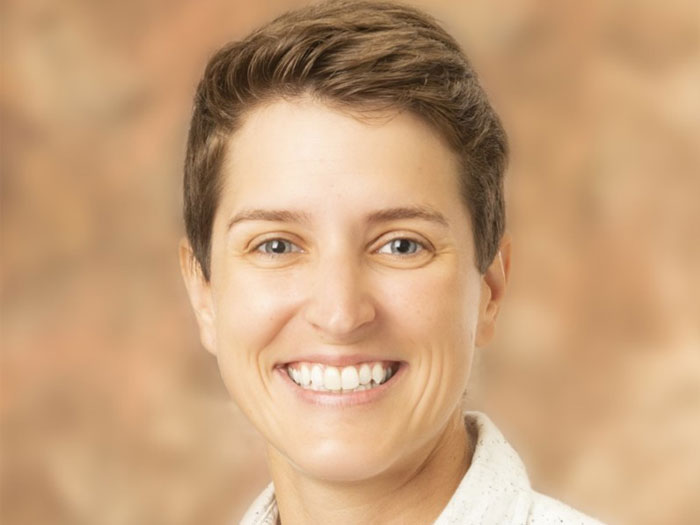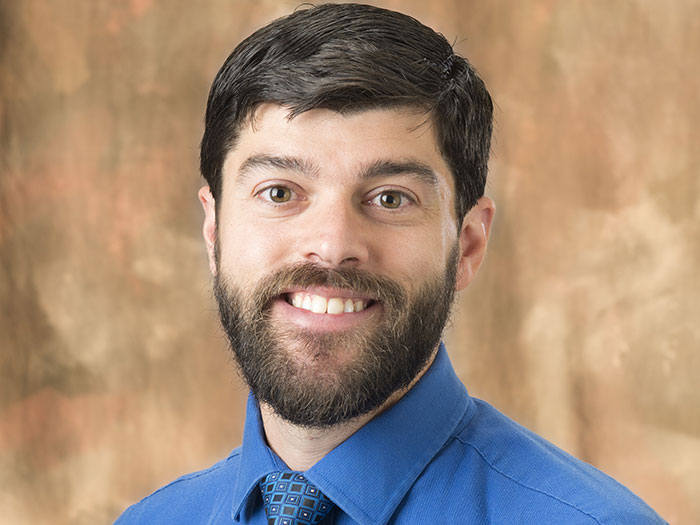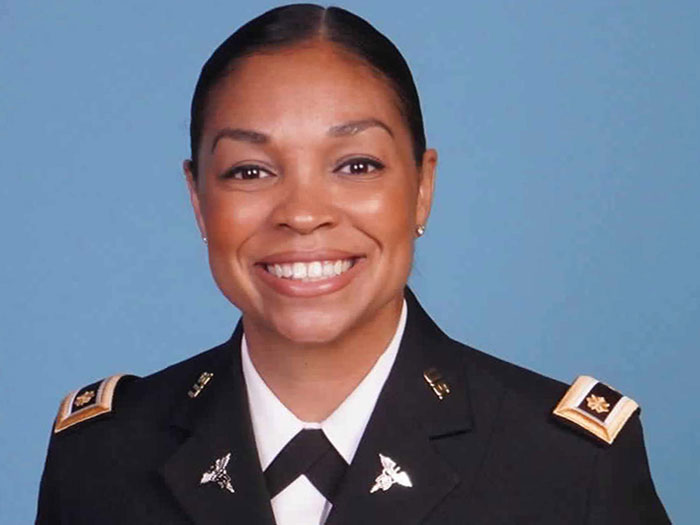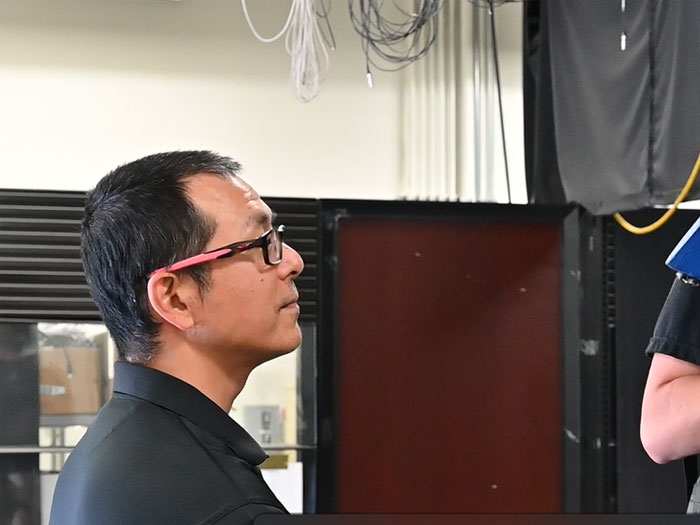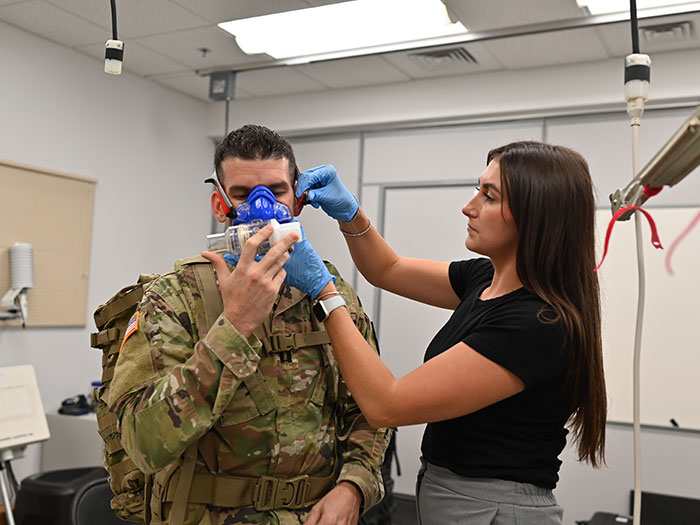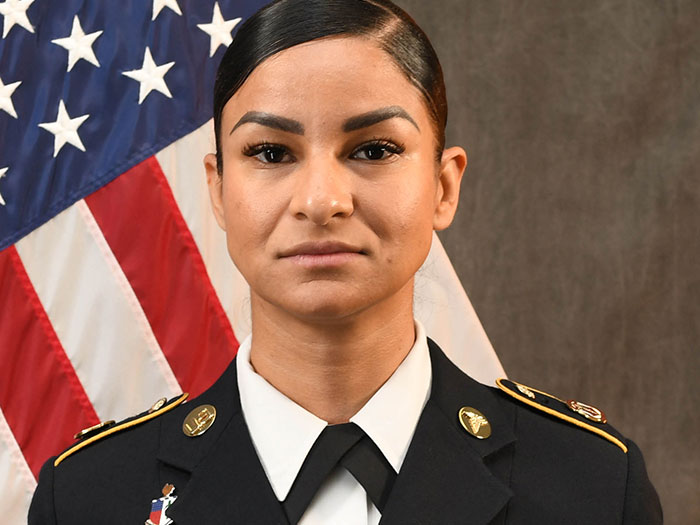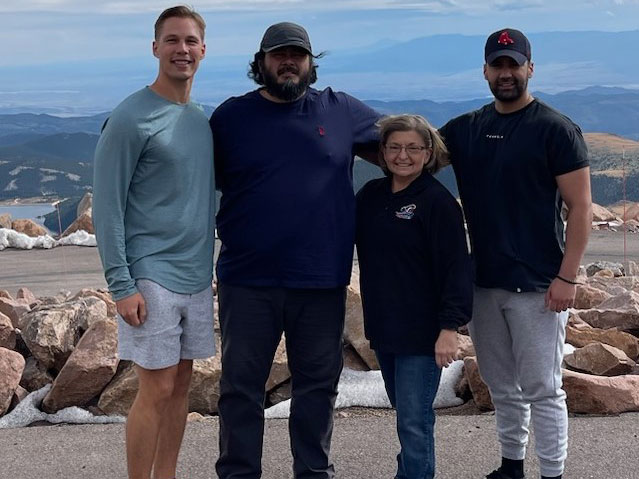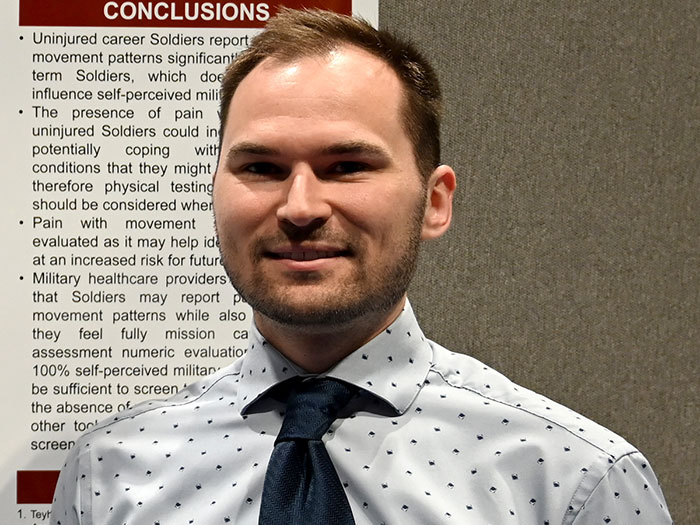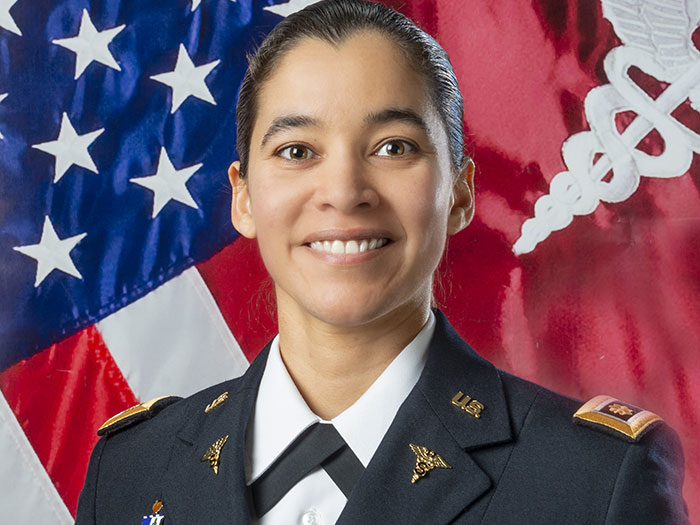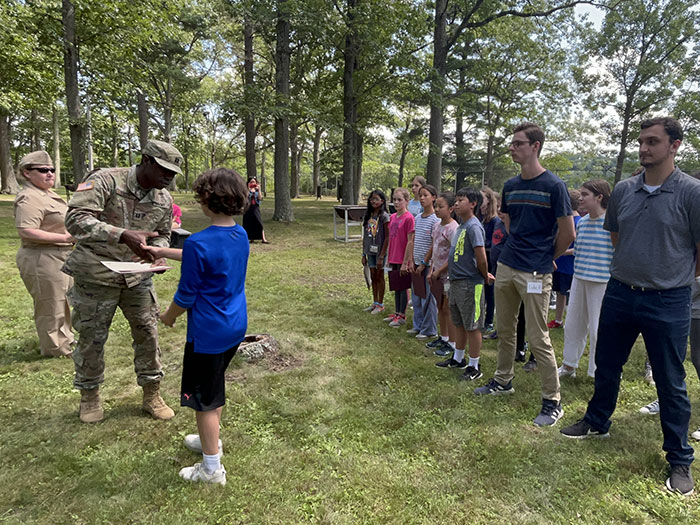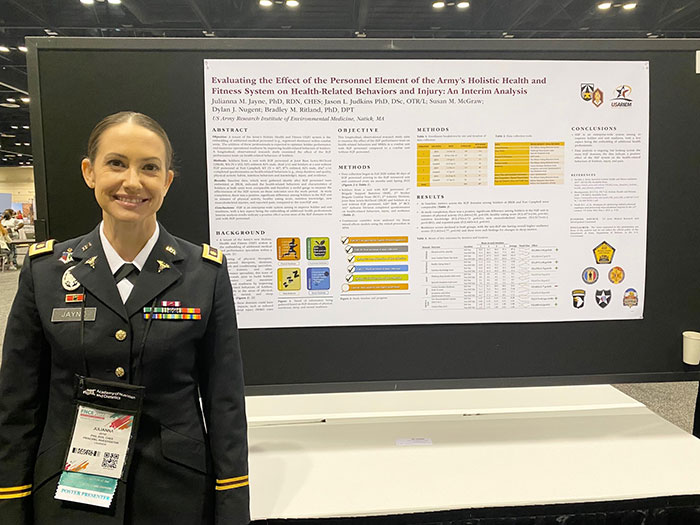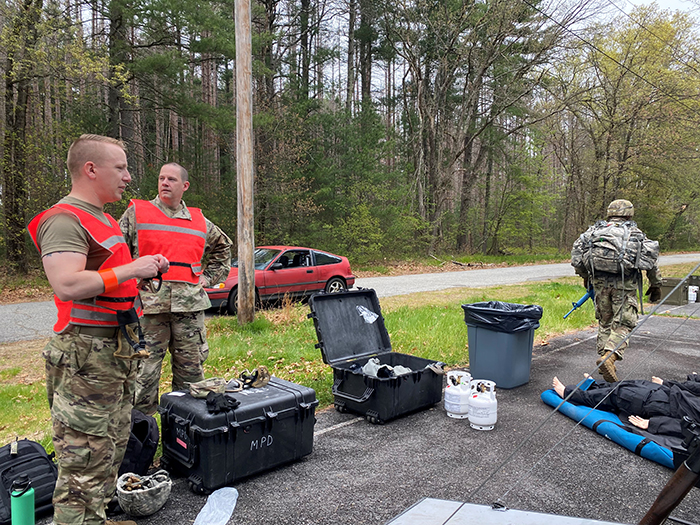Behind the Science with Bill Tharion, Research Physiologist in the Military Performance Division
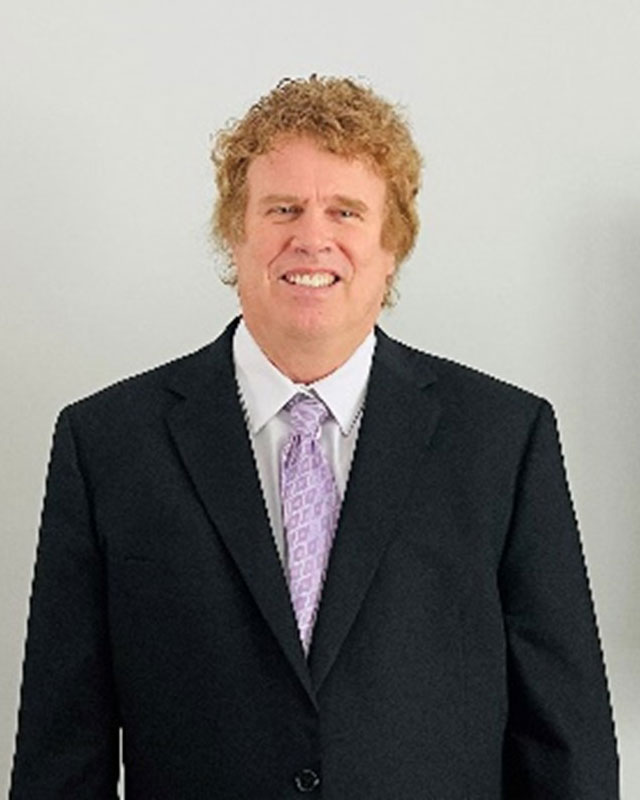
How long have you been at the U.S. Army Research Institute of Environmental Medicine?
I have been at USARIEM for over 40 years. I was hired as a Research Psychologist, and now my official position is as a Research Physiologist. Over the years, I have worked in both disciplines, but my now focus is working as a Research Psychologist.
How did you become interested in Soldier Nutrition and Performance?
When I was in graduate school, I always had an interest in sports psychology and the importance of the mind and body working together for one's optimum health and athletic performance. I always thought it would be a great career to work for a professional sports team or at the Olympic Training center in some capacity to keep athletes healthier and optimize their performance, but I soon realized my goal though working with Soldiers here at USARIEM.
A previous UMass classmate of mine, Pete Frykman worked at USARIEM as the Chief of the then Health and Performance Division and mentioned me to the Institute since they were looking for someone in the exercise science department with a psychology background. Pete mentioned me, and I began doing psychological research with Soldiers. I loved being afforded this opportunity.
What projects are you currently working on?
I am currently working on a project with MIT Lincoln Laboratory engineers in developing a headband that assesses blood oxygen, or SpO2, measures continuously without interfering with Soldier performance. This is important for operations in high mountainous environments and for Special Operations parachute jumpers that jump from high altitudes on supplemental oxygen as it can serve as an early warning device for those whose SpO2 levels drop to unhealthy levels.
What aspects of your job do you love and find most gratifying?
I love working with teammates with different kinds of expertise all coming together, working harmoniously and having fun along the way, while working on developing or testing some product that will make Soldiers' lives safer or improve their operational performance.
What part of your job do you find to be the most difficult?
It is frustrating when we as researchers are told that what we are doing is important and relevant to the Soldiers, but then there is a funding cut or a change in the budget not allowing us to see a project through to its conclusion.
When you are not at the Institute, what do you like to do for fun?
My favorite activity is to do open water swim events. I used to do triathlons but running has taken its toll on my body, but I can still be relatively competitive in open water swim events. I like watching professional baseball and hockey on TV. Recently, my wife has gotten me into looking for mushrooms, so we do a lot of hiking and looking for mushrooms. I have learned a lot from her by walking through the woods and mushroom hunting with her.
2025



2024

2023
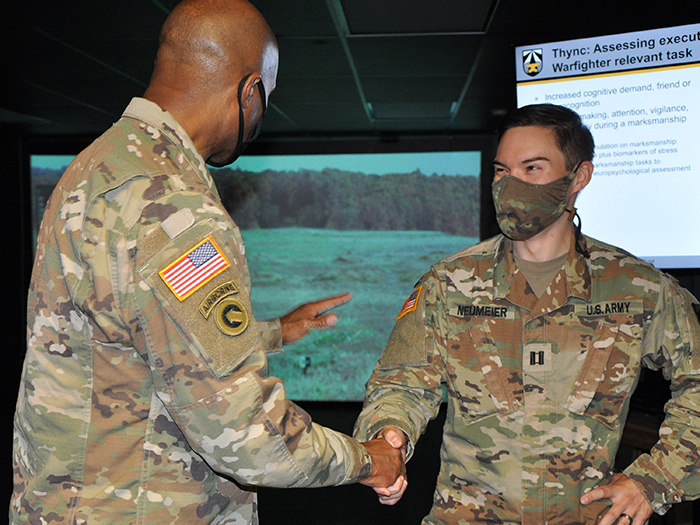
 An official website of the United States government
An official website of the United States government
 ) or https:// means you've safely connected to the .mil website. Share sensitive information only on official, secure websites.
) or https:// means you've safely connected to the .mil website. Share sensitive information only on official, secure websites.



















